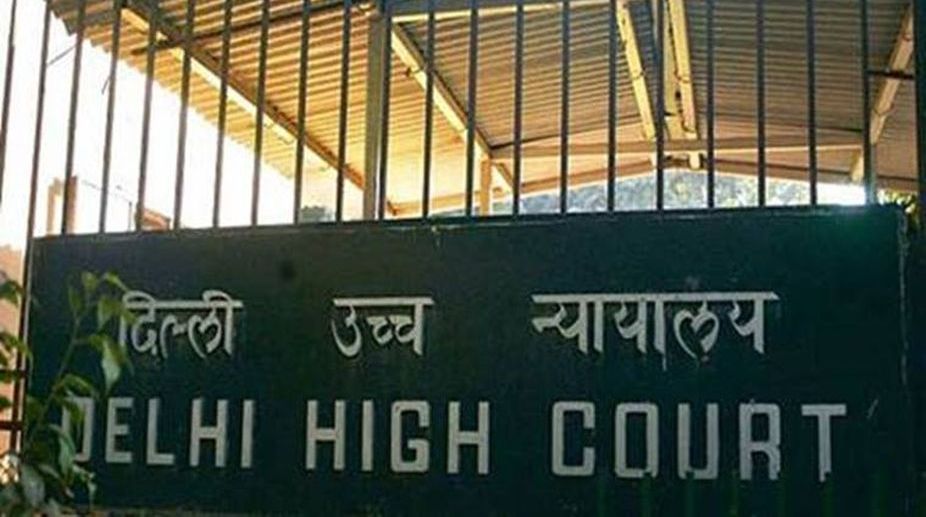A controversial redevelopment project in South Delhi was put on hold as the Delhi High Court on Monday stayed the felling of around 16,500 trees as part of the mega-project.
A bench of Justices Vinod Goel and Rekha Palli asked the government-owned National Buildings Reconstruction Corporation (NBCC) not to fell the trees till 4 July, the next date of hearing of the matter.
Advertisement
The bench also allowed the petitioner to challenge the orders issued by the authorities concerned giving permission for felling trees for the project.
“Has the tree cutting been approved by the green tribunal,” the court asked while issuing its direction. “You know the effect it would have? I understand if it was widening of a road or something inevitable. Can Delhi afford it today? Keep your hands off till July 4?”, the court directed the NBCC.
The observation came when the corporation said the National Green Tribunal had the jurisdiction for environmental clearance to a Central government project and that it had deposited Rs 8 crore with the authorities of the Delhi government for permission to chop off the trees for the execution of the project.
According to the petition moved by orthopedic surgeon Kaushal Kant Mishra, the six South Delhi colonies where the tree felling has been sanctioned by the Centre include Sarojini Nagar, Nauroji Nagar, Netaji Nagar, Thyagaraja Nagar, Mohammadpur and Kasturba Nagar.
The Central Government has decided to demolish the houses in these areas built in 1950 and replace them with high-rise buildings.
The Central Public Works Department (CPWD) is also involved in the execution of the mega-project to make way for government officers’ houses and a commercial complex.
The petitioner approached the court for setting aside the terms of reference finalised in that regard and environment clearances granted to the project by the Union Environment Ministry, pointing out that the redevelopment project would result in over 16,500 trees getting axed.
The project led to huge protests involving environmentalists and others in Delhi, with people refusing to accept the government’s assurance that at least an equal number of saplings would be planted to make up for the loss of trees.











